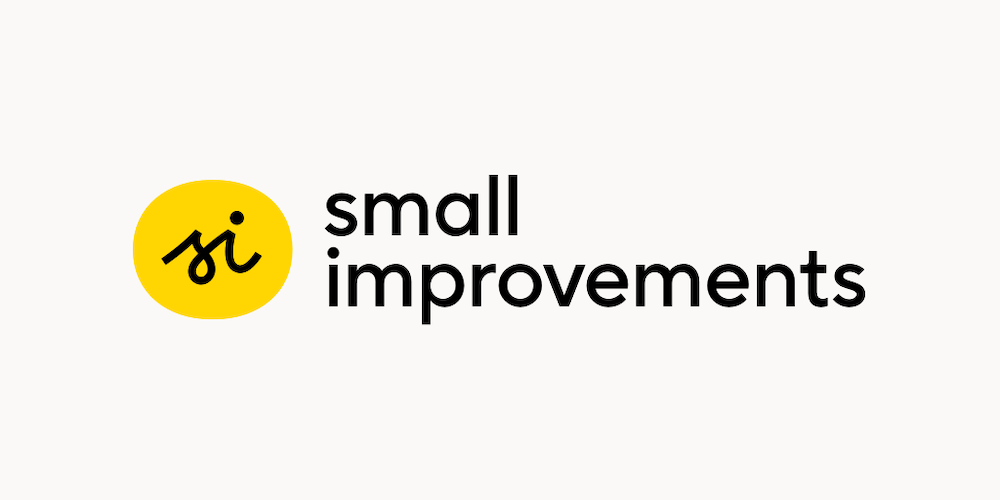
5 reasons why you shouldn’t tie compensation to performance reviews
A traditional approach to performance management associates pay and bonuses with the annual performance review.
Table of Contents
A traditional approach to performance management associates pay and bonuses with the annual performance review.
But this approach can lead to what the Harvard Business Review calls a blame-oriented culture, with interactions that aren’t authentic or are based solely on gaining an advantage in pay, versus on performance or team building.
Is it actually necessary to couple conversations surrounding pay to performance reviews? Quite the opposite. Companies without such ratings are still able to maintain a pay-for-performance culture, differentiate compensation, track performance data, and help develop struggling performers.
Here are five strikes against linking money with results
It discourages open feedback
If your pay is tied to your own self-evaluation, you’ll likely be less forthcoming with critique for yourself. You’ll also probably hold back when you give upward feedback to your manager.
Employees who are too honest may risk negative attention if their feedback isn’t well-received by others. This issue compounds itself if they’ve had a poor review in the past when they were honest about their performance. Over time, an employee can become afraid of honesty coming back to bite them come review time.
Manager and employee are serving at cross purposes
When an employee is worried about their compensation and future in the company and not necessarily how they can develop as an individual, they won’t be looking to the performance review as an opportunity – but as a punishment.
Managers who are seeking to provide honest feedback or help their employees may feel pressured by the rating process and how they’ll determine the employee’s pay. This can lead to them being less forthcoming or even overly negative if the relationship with the employee is not positive.
Words can feel empty
As compensation is largely determined by market forces, industry, and time with the company, the performance review can lead to more of a justification of why someone is paid as much as they are when in reality there’s little connection.
In Samuel Culbert’s “Get Rid of the Performance Review,” he elaborates: “In other words, too many lines spoken in a performance review are a cover story for the truth and have little to do with performance. Even when it’s a positive review, the words spoken are likely to be aimed more at winning the subordinate’s gratitude than at providing a candidly accurate description.”
True objectivity is not possible
If your pay is based on the feedback of a single person in the performance review, you’re losing out on feedback from the majority of peers and other mentors.
This is not an effective approach to gathering feedback and gathering a true picture of the employee’s performance. This can especially be a problem if the relationship between manager and employee isn’t working effectively, which means you may end up losing high performers.
Using ratings can be demotivating and add overhead
Samuel Culbert’s “Get Rid of the Performance Review” discusses how reviews, ratings, and forced distribution curves are demotivating.
If you’re just a number on a spreadsheet, it’s difficult to feel empowered by your words and actions before or after the review. HR admins focused on gathering ratings may lose sight of the qualitative feedback that can be garnered during the conversation aspect of the review versus the rating.
What should you do differently?
At Small Improvements, our philosophy is that ongoing, relevant, and timely feedback is the key to developing an effective communication cadence with employees. Combining 360 Feedback from peers, ongoing manager check-ins, and company-wide Praise helps to alleviate the herculean task of trying to profile an employee once a year in a Performance Review.
The feedforward approach helps employees and managers improve, encourages open dialogue, and helps develop underperformers. A focus on ongoing coaching and development leads to a greater development of the manager and employee relationship, meaning they can work better together as a team.
If you’re looking for ways to improve ongoing feedback, check out our guide to Human-Friendly Performance Management.
Discover more resources

Performance reviews for all organizational structures
With the launch of Custom Reviewers, a powerful addition to our Performance Reviews module, Small Improvements now supports performance evaluations for all types of organizational structures.

Lessons from 9 HR leaders on AI, inclusion, the role of HR, and more
HR experts and practitioners from companies like Zalando, Typeform, and Babbel share their lessons and ideas on some of the most pressing HR issues today.

A swift career change later at the RHUB conference
RHUB was the first Recruiters’s Hub conference held in Sydney last week. With an international audience and presentations by inspirational thought leaders it was a sure success! The impressive line up of the first 4 speakers Kevin Grossmann – Head of Strategy at HRMarketer, Greg Savage – CEO of Firebrand Talent, Jo Knox – founder…

A team-building offsite that paves the way for success
To create a more collaborative working environment, Small Improvements’ marketing lead scheduled a one-day team building workshop outside the office.

How performance management can foster diversity and inclusion
Your performance management approach determines what your company values and who feels valued. Here are five ways for HR leaders to embrace diversity and create an inclusive environment.

Why you should reconsider ratings in performance reviews
Ratings may seem like a go-to evaluation tool. But before you include them in the next performance review, consider these problems and pitfalls.